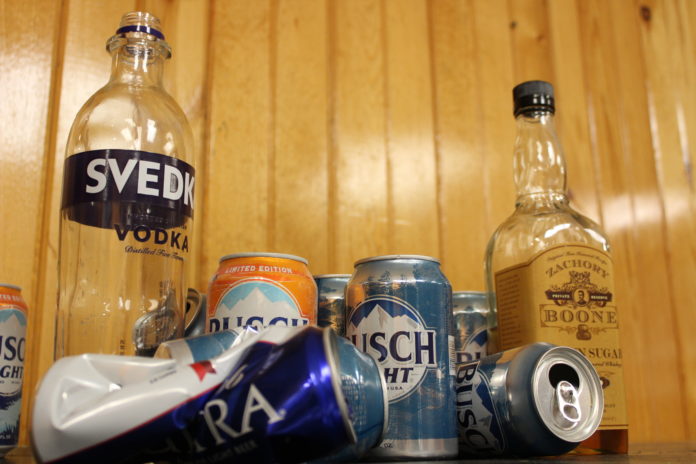
The average blood alcohol count, or BAC, of DePauw University students hospitalized under alcohol-related admittance has reportedly dropped by 41 percent, when compared to last year’s statistics.
“The average BAC has dropped from 0.17 percent this time last year to 0.10 percent, which is a 41 percent decrease. No students have had a BAC over 0.30 percent as opposed to last year where we had six students with BAC’s higher than that,” said Julia Sutherlin, assistant dean to Campus Life and director of the Office of Alcohol Initiatives.
She said that there have been 5 hospital visits this year, as opposed to the 15 hospital visits this time last year. “Last year three of those 15 were called in by a friend whereas four out of the five hospitalizations were medical amnesty calls,” Sutherlin said.
The medical amnesty policy is when a peer calls 911 for someone involved in alcohol/drug consumption and the consequences are removed for both the assisted individual and the caller.
Additionally, Alcohol Initiatives reports that the binge drinking rate has decreased since 2016, going from 65 percent of students binge drinking in 2016 and 2017, to 56 percent in 2018.
The Office of Alcohol Initiatives has monitored the progress of the new alcohol changes made at the beginning of the school year. The goal of these changes is to reduce high risk drinking and to keep students safe.
To do this, there have been changes in policies, education and spreading awareness of drinking. And these efforts to change the drinking culture at DePauw are paying off, Sutherlin said.
The results of these efforts are collected in a weekly alcohol dashboard that is given to the Office of Alcohol Initiatives. This dashboard uses data to show which students are drinking and in what areas there needs to be more alcohol-responsibility education. For example, it is a commonly-held myth that first-year students drink the most, but the dashboard data does not show that.
The DePauw Collaborative was part of a national collaborative between students, faculty and staff. It has evolved into a campus-based alcohol task force group made up by students, faculty, staff, alumni, and partners from DePauw Health, and it works under the Office of Alcohol Initiatives.
The DePauw Collaborative will meet this Thurs. to present the data from the alcohol dashboard at a closed meeting.


